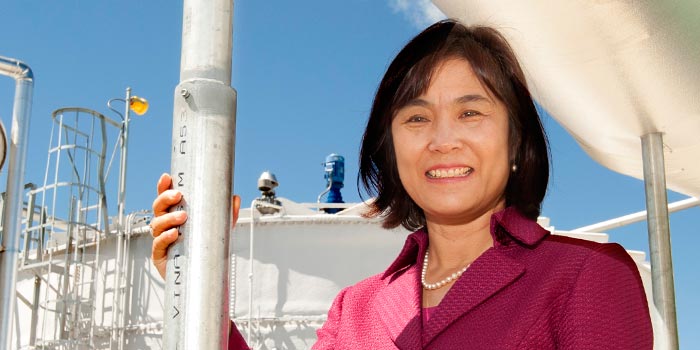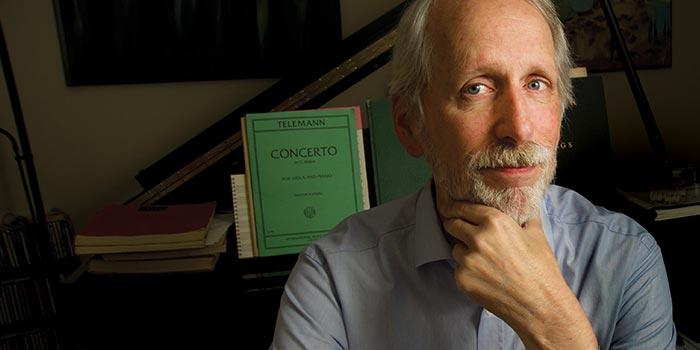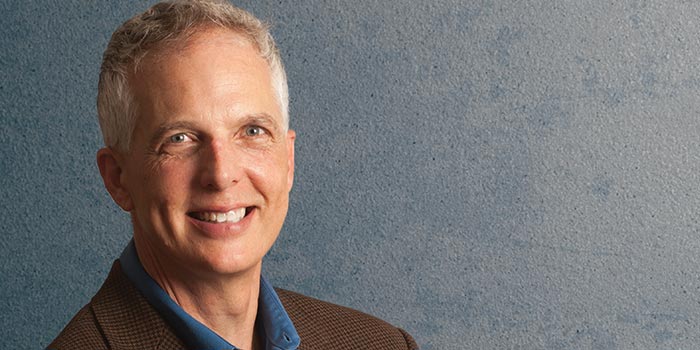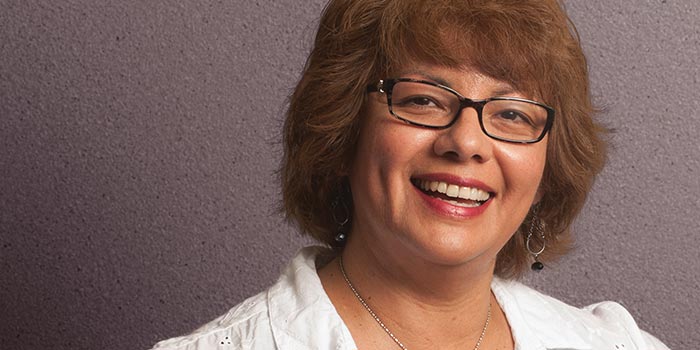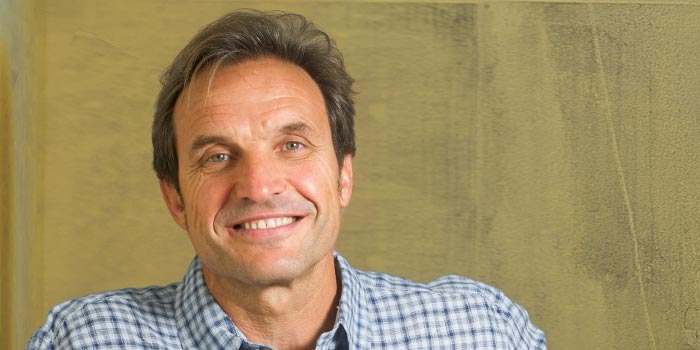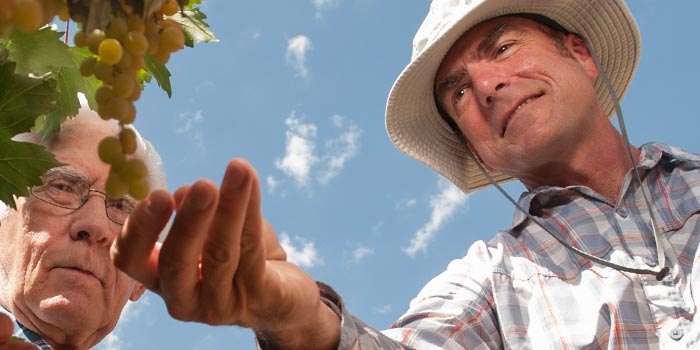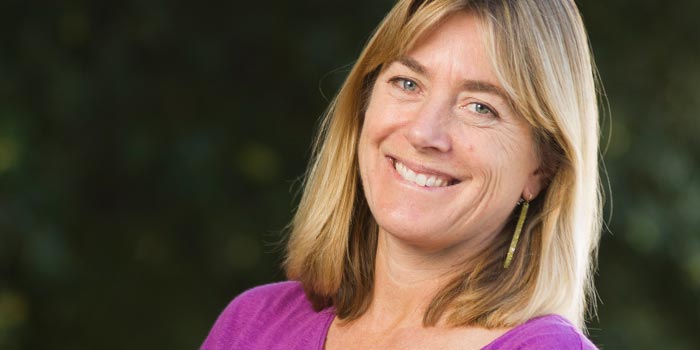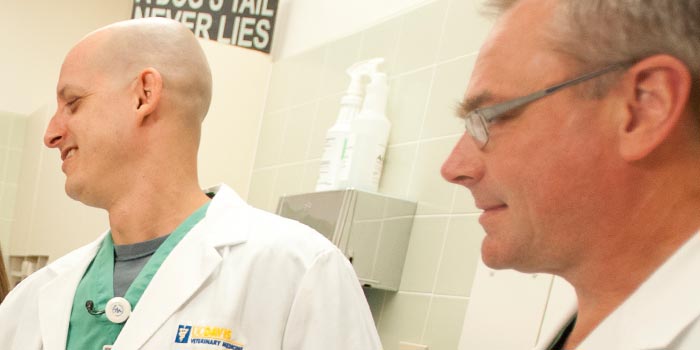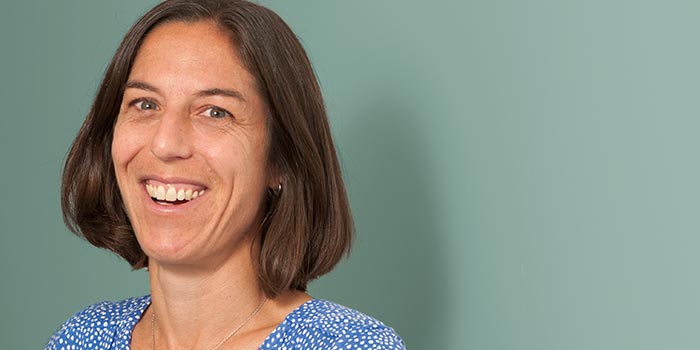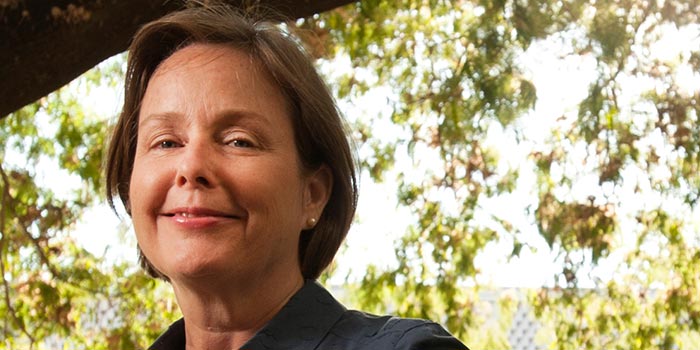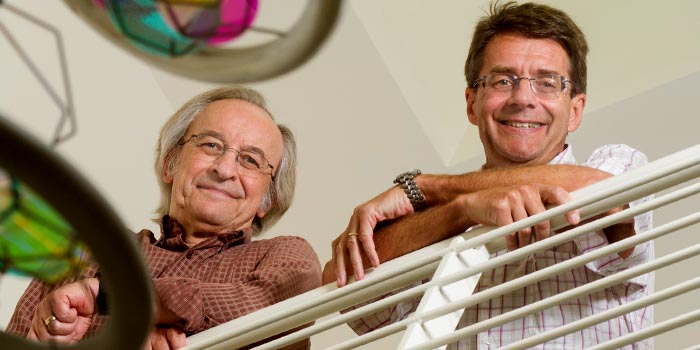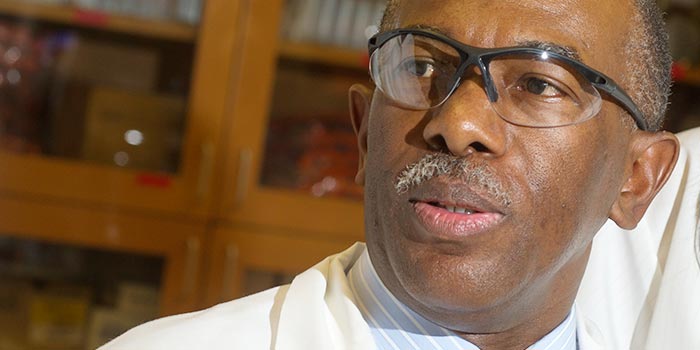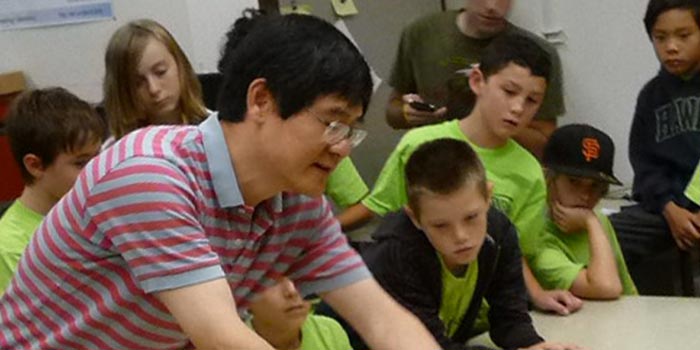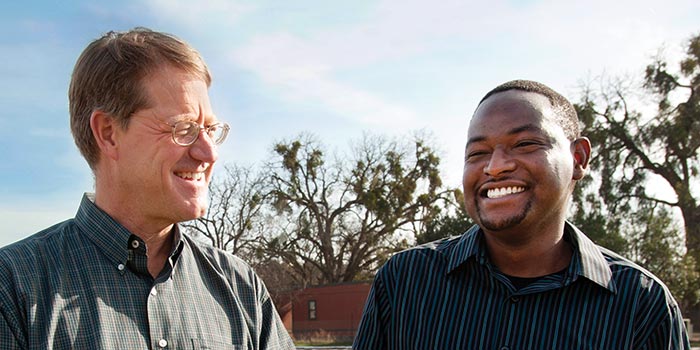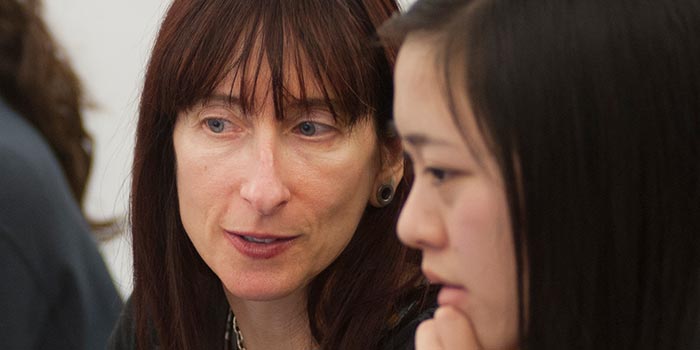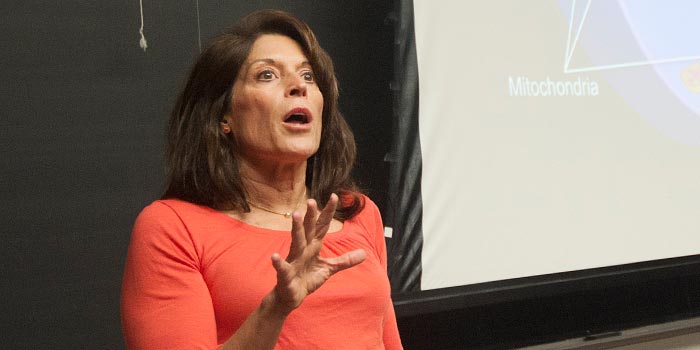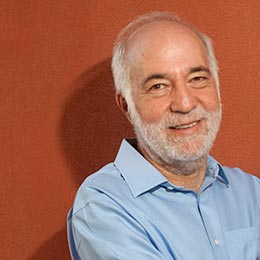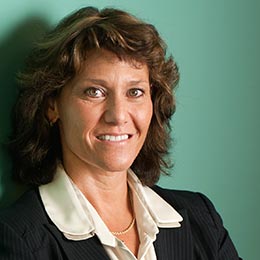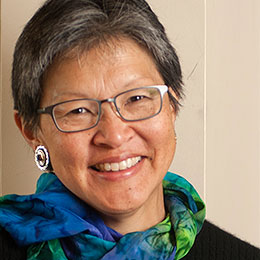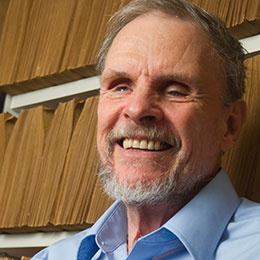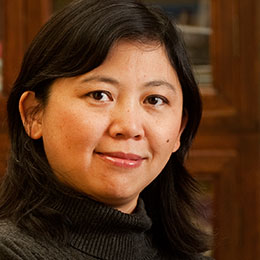Medical Super Sleuth

Faith T. Fitzgerald
Title: Professor of internal medicine
Department: Internal Medicine
Reputation: One of the most knowlegeable internists in America today
Impact: Making people both feel better and fulfill their full potential
From early childhood, Faith Fitzgerald knew that she wanted to be a doctor, even though no one in her family was in medicine, and she wasn’t really sure what it entailed.
At the time, a polio epidemic was raging in the U.S. and abroad, and without a vaccine, many children and adults became paralyzed or died from the infection.
“The whole situation struck me as wrong,” Fitzgerald recalled. “I remember coming back from summer vacation in elementary school to realize that some of my classmates were not there. An even bigger scare came when I visited my classmate’s home to meet her mother and the first thing I heard were the sounds of labored breathing coming from an iron lung chamber. The concept that mommies could get sick, even though they were grown-ups, affected me deeply.”
As Fitgerald was mulling over these catastrophes, she began reading the Sherlock Holmes series—a gift from her grandmother—and thought how great it would be if she could be like Holmes.
That desire would set into motion a unique approach to diagnosing disease and interacting with patients that has earned the UC Davis professor of internal medicine an international reputation as a master clinician, diagnostician and humanitarian. It also has inspired thousands of students, residents, fellows and practitioners to strive for excellence in the practice of medicine and in their interactions with patients.
“Disease is a crime,” Fitzgerald believes. “It robs you of the things you can do, and sometimes it murders you.”
For Fitzgerald, a physician’s curiosity and a patient’s willingness to share stories are essential components of the doctor-patient relationship. It’s the foundation for gathering information to make sound clinical judgments and to live a life that spans the full range of human experience — tragedy, triumph, joy, despair, fear, courage, belief and unbelief, culture, language, good and evil, failure and redemption.
“Without experiencing all human emotions, you really haven’t fully developed as a human being,” she said. “What I remember most from my career are these experiences and the fact that people trusted me with their lives.”

